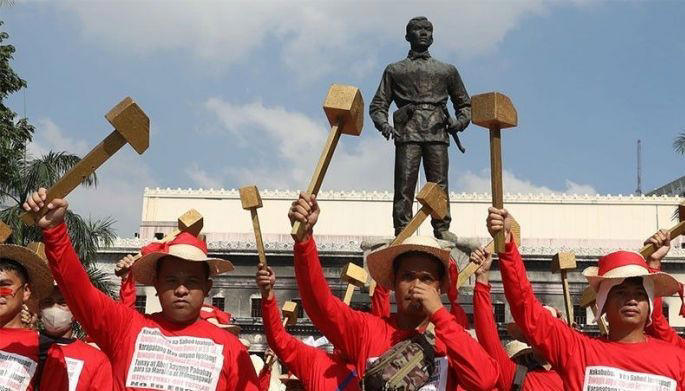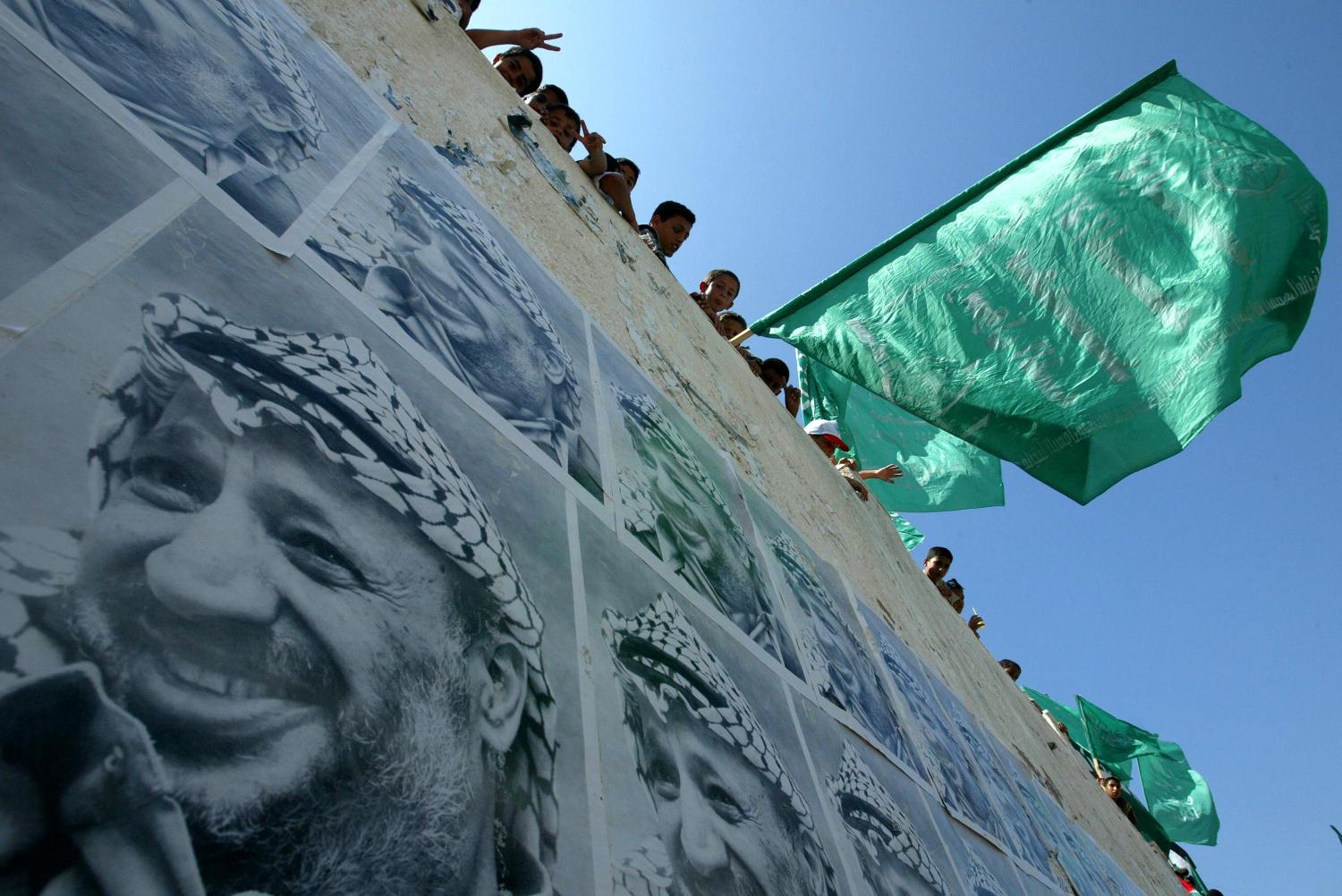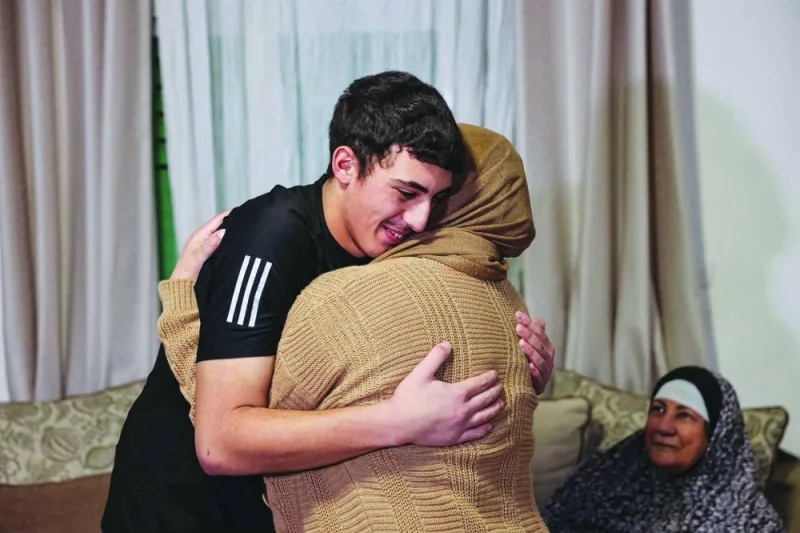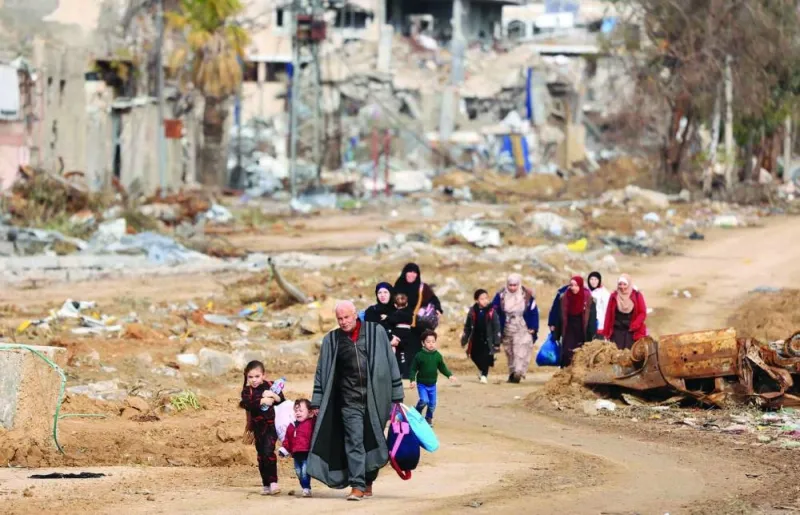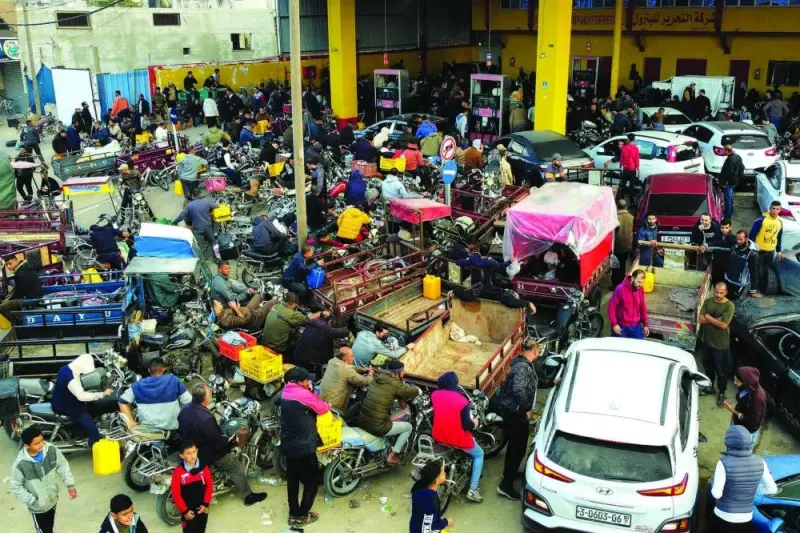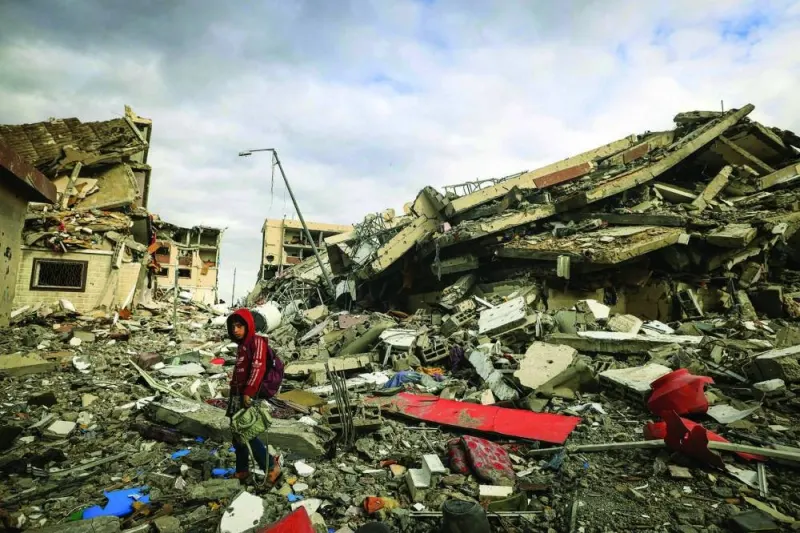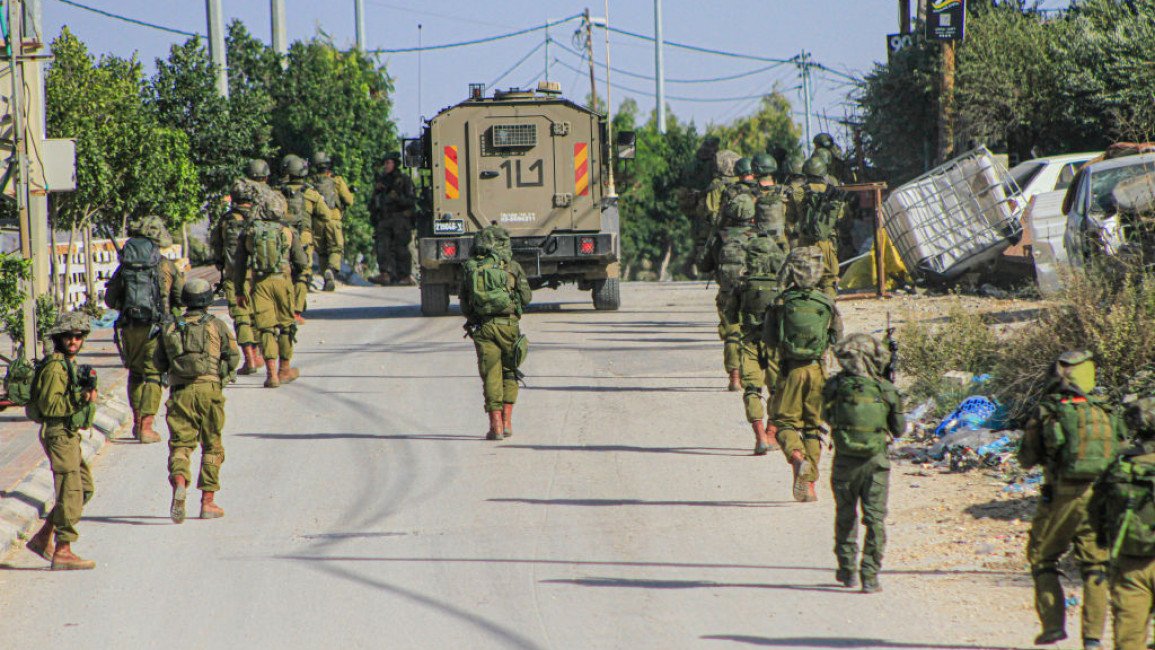Report: Despite stronger fears of gun violence, California immigrants far less likely to own firearms than citizens
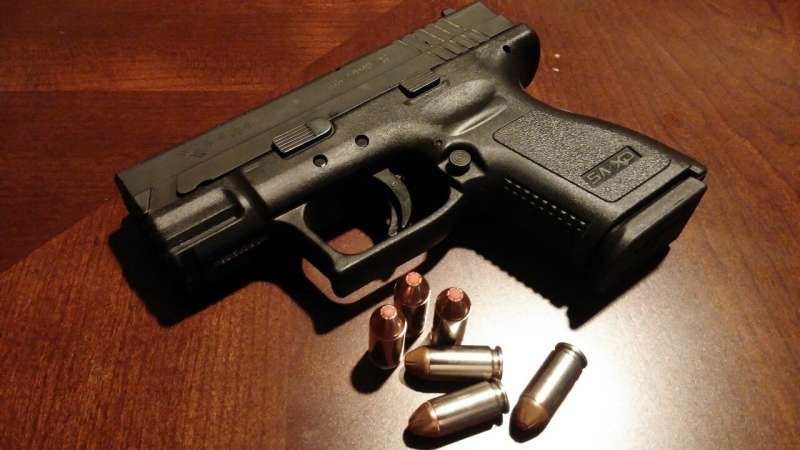
Among Latinos and Asians living in California, immigrants are less likely than citizens to own a firearm and more likely to report being afraid of becoming a victim of gun violence, according to a new study from the UCLA Center for Health Policy Research.
While gun ownership among both groups of noncitizens was in the single digits, more than half of Latino immigrants and nearly three-quarters of Asian immigrants surveyed said they were worried about becoming a gun-violence victim.
"This study shows that the immigrant population's concern about gun violence is significant," said Ninez Ponce, director of the Center for Health Policy Research and principal investigator for the California Health Interview Survey, or CHIS.
Firearm ownership
Prior research showed 17.6% of all California adults own a firearm. However the number is just 6.0% among immigrants, according to 2021 CHIS data in the new study. The authors included naturalized adult citizens in the "citizens" category, as firearm access among naturalized citizens more closely mimics that of citizens than immigrants.
The study, which builds on the earlier research, examines firearm ownership, fears of being a victim of gun violence and firearm storage practices among adults in the two largest immigrant populations in California—Latino and Asian—and compares these with Latino and Asian citizens' practices.
"The United States has the highest gun ownership rate per capita in the world, yet we know very little about ownership rates across different populations of interests, including immigrants," said Clarissa Iliff, a doctoral student at UC Irvine and co-author of the study. "We need to analyze how citizenship, fear of victimization and firearm ownership among immigrant populations change over time."
Study findings show Asian immigrants are more likely than Latino immigrants to own at least one firearm. The rate of gun ownership among Latino citizens was more than four times that of Latino immigrants, at 18.1% versus 4.1%, while ownership rates among Asians were more consistent at 12.6% for citizens and 7.2% for noncitizens.
Fears of gun violence
Yet, 74.9% of Asian immigrants and 53.2% of Latino immigrants said they are "very worried" or "somewhat worried" about being a victim of gun violence. Latino immigrants in that category own more firearms on average compared with Latino immigrants who report being "not too worried" or "not at all worried."
Among Latino citizens, however, the opposite is true: Those least worried about being a victim of gun violence own more firearms on average than those who are most worried.
Firearm storage practices
Overall, immigrants in California are more likely than citizens to store guns locked and unloaded, at 76.5% versus 45%. Among citizens, 6.1% reported storing at least one gun unlocked and loaded; comparable data for immigrants were unavailable.
The finding that immigrants seemingly take safe firearm storage seriously deserves more attention, the authors said.
"Storing a firearm safely decreases the likelihood of its being used in an accidental shooting in the home, as well as of having the gun stolen and used in a subsequent crime," said George Tita, professor in the Department of Criminology, Law and Society at UC Irvine and co-author of the study. "Understanding why the safe storage message resonates more strongly with immigrant groups might help us craft more effective messaging to the broad population of gun owners."
The authors recommend that future research be undertaken to understand the difference in gun ownership rates across all racial, ethnic and citizenship groups. "We need to continue collecting data on gun violence attitudes and issues to help develop policies that benefit all Californians, whether immigrants or citizens," Ponce said.
More information: Firearm Storage Practices Among Latino and Asian Immigrants in California (2023).
Provided by University of California, Los Angeles
:quality(70):focal(1075x740:1085x750)/cloudfront-eu-central-1.images.arcpublishing.com/thenational/A34EWYV5HP3XOEKK64DZEB4NDI.jpg)

